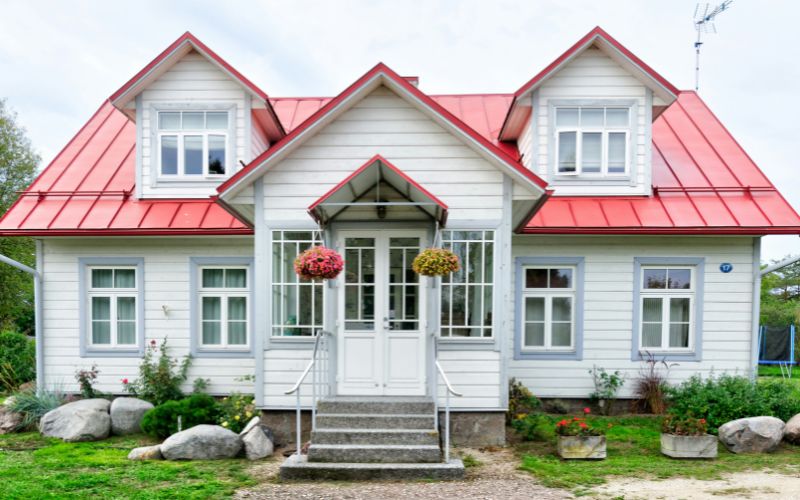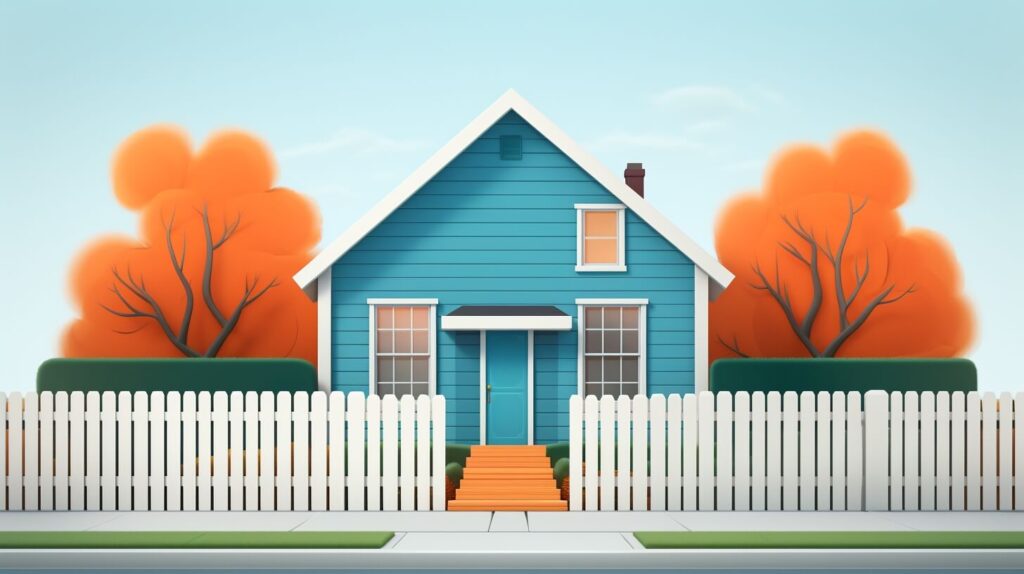We are reader-supported. When you buy through links on our site, we may earn an affiliate commission.
When you’re looking for a new home, you likely only think about how many bedrooms you need or what kind of yard you want. Sometimes people don’t realize that the house they love is a homeowner’s association (HOA) property. You’ve likely seen news stories about HOA members clashing with residents and not enough stories about the benefits of having it on your side.
Check the pros and cons of HOAs and why it could affect where you eventually live. After you think about your needs, you can make an informed decision about where you’ll move.
1. Pro: There’s Upkeep Assistance
The amount of yard work and general upkeep that comes with a home can be overwhelming for some people. If you’d prefer a low-maintenance lifestyle, an HOA community can help with that. Traditional neighborhoods and condo complexes that follow HOA guidelines might not have to worry about personally handling things like:
- Trash pickup
- Painting building exteriors
- HVAC units
- Snow removal
It’s a big deal for someone who travels a lot and isn’t around for routine upkeep or elderly residents who can’t take on all these responsibilities on their own. It all depends on which community you visit and their established guidelines.
2. Con: Fees Are Mandatory
This probably the main con out of all the pros and cons of HOAs — if it’s a dealbreaker, here’s why. When you purchase a home in an HOA neighborhood, you also sign onto the monthly or yearly fees. These are as mandatory as your mortgage. They cover community maintenance like general landscaping, pool or gym upkeep, and other tasks residents don’t have to worry about.
Depending on where you live, you could pay $100-$700 each year in fees, which can be a hefty sum for some homeowners. It’s also not a set payment, since an HOA can raise dues to meet its annual budget as needed.
3. Pro: Utilities May Be Included
HOA community members often have their utilities included in their monthly or annual payments. You may not need to worry about a gas or water bill, along with city services. It depends on where you move, so look into this if you’re considering a particular home and want to cut down on your bills.
4. Con: Fines and Foreclosure Possible
Potential homeowners must remember that your HOA fees are in addition to your insurance, property tax and monthly mortgage. If you accidentally break a community rule or overshoot your budget, you risk a fine along with your regular dues. Not paying either could risk the foreclosure of your home.
5. Pro: Conflict Resolution on Standby
Even if you end up loving your neighbors, you’ll likely have conflict at some point. Whether it’s over their dog barking late at night or their preference about your landscaping on the property line, you might feel unequipped to handle it.
Instead of feeling uncomfortable or avoiding confrontation, you could contact your HOA representative and ask them to advocate for you. They’re trained in conflict management and come from a position of authority, helping settle problems without escalation.
6. Con: Some Limits on Personalization
Personalizing your property is one of the most significant advantages of ending your renting experience. You might have big dreams about installing a porch swing or renovating your landscaping, but your HOA could have limits on what’s allowed on each property in the neighborhood.
The rules might dictate what type of coverings you can use inside your street-facing windows and what kind of planters you use for landscaping. Some HOAs outline what you can grow in your garden and which sprinkler system you’re allowed to install. Sometimes this is the reason people move out of HOA neighborhoods:it restricts what they’re allowed to do with the home they own.
7. Pro: Likely Higher Resell Value
Most people own a few homes throughout their life, so you may need to move again one day. If that’s the case, owning an HOA property could improve your resell value. Single-family homes under HOA boards sell for 4% more on average, adding at least $13,500 to the property value. Instead of hoping to make a profit off your future sale, moving to an HOA community could help cement that possibility.
8. Con: Possible Extreme Rules
When an HOA makes the news, it’s almost always about how it enforces extreme rules. Depending on which complex or neighborhood you live in, you risk fees for not following even the strictest regulations. Your HOA could limit how high your grass could grow, leading to weekly measurements of your yard.
It might restrict the size and weight of any future pets, which many renters hope to leave behind when they become a homeowner. Some HOAs even outline the type of fertilizer you can use in your yard or garden. Moving into an HOA community means memorizing these rules and taking care never to neglect them.
It’s Good to Know the Pros and Cons of HOAs
There are many pros and cons of HOA homes and condos, so weigh your options to find your preferences. You might not mind the rules but can’t afford the extra fees. The limits of property personalization could dissuade you from putting an offer down on the house you love. When considering your options, read the fine print to know what you’re getting into before your big move.







